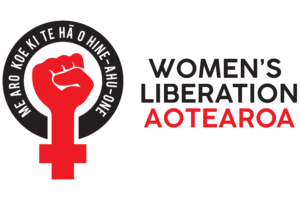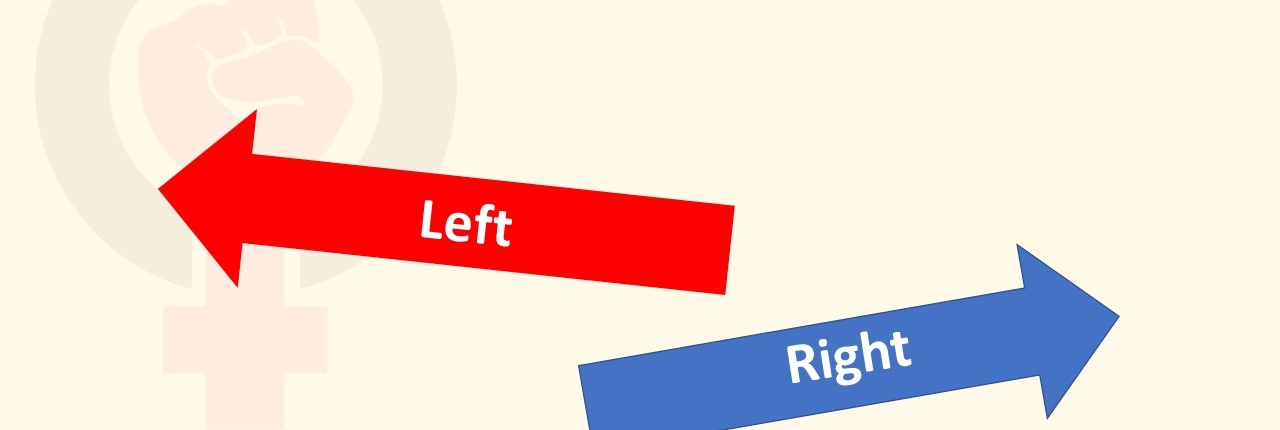When the Chickens Come Home to Roost
By: Aphra
04 July 2022
Kate Weatherly, a New Zealand transgender athlete in women’s downhill mountain biking, has spoken out against FINA’s (Fédération Internationale De Natation) new rules for trans inclusion in women’s events.
In a sense, Weatherly is right, there are bigger issues in women’s sport than the participation of a few transgender athletes.
It must be galling to people who’ve been involved in, and advocated for women’s sports, to see people who barely acknowledged its existence previously, now leaping to its defence – some of them not being for women athletes, as much as being against trans athletes.
But, like people’s knowledge of female biology having increased in line with the need to construct arguments against ideologies which minimise or even deny the material reality of reproductive sex, there’s some good in the increase in interest in women’s sports, and some of the wider issues have become better understood as a result of it.
What Weatherly, and others with a vested interest, need to realise is that way more people now see the elephant on the top of a grand piano in the corner of the room – the one that radical trans activists and allies still insist does not exist, or is just a figment of bigoted imaginations.
The elephant is sex self-ID; the piano is its under-pinning ideology.
Trans athletes’ rights to compete within women’s sports piggy-backed the case taken to the Court of Arbitration in Sport (CAS) by Dutee Chand, an intersex athlete.
The International Olympic Committee and international sports federations tried the compromise of a testosterone reduction to 10 nmols/L (four times the top of the standard reference range for natal females) for one year prior to competition.
When the successes of the push for sex self-ID emboldened radical trans athletes and allies to argue for no limits on endogenous testosterone, and for exogenous testosterone limits to be individually assessed, the IOC bureaucrats threw their hands in the air and said it was down to individual sports federations.
These trans activists argued that any forced change in a trans athlete’s body was a breach of her or his human rights, and all that should count for entry into women’s competition is a self-declared, individual sense of gender identity.
The athletic performance advantages accrued by going through a testosterone fuelled male puberty were declared to be just another set of naturally occurring physical attributes, no different in essence from Michael Phelps’ arm span or Michael Jordan’s height and reach.
That was always going to be a step too far for a wide range of people, and anyone with half a tactical brain should have known that the piano would eventually collapse under the elephant’s weight. The ideology could not stand up under the weight of its own contradictions.
It was the entry of a natal male transgender athlete into women’s college level swimming – an almost exclusively white and middle-class dominated sport – that was the game changer.
Lia Thomas proved to be the step too far for some influential people.
Thomas’ entry into US women’s college level swimming events fuelled the outrage already generated in college athletics, but it is the socio-economic profiles of US college swimmers, and the competitive conveyor belt which runs into world championships and the Olympics, which tipped the balance.
It’s noteworthy that it took a population of affluent, white people to push for, and get the strictest criteria yet for the inclusion of trans athletes in women’s sports.
This section of the population proved to be way more influential than the women who have been arguing for years about the potential (and actual) ill-effects of unregulated sex-self ID on vulnerable women, eg. prisoners, domestic violence victims etc.
There is a wider political fire raging which radical trans rights demands have helped to fuel, in some instances, inadvertently. This is the rise of the far right in the USA, and elsewhere – a rise in which a number of political and economic agendas, have coalesced.
A key catalyst in that process is the perception of radical trans demands as a threat, not just to women’s sex-based rights, but to a number of other deeply entrenched interests, especially in the area of parental rights.
What all people who really care about human rights and civil liberties should be worried about is – when the trans rights pendulum swings the other way in the land of its birth, with the added momentum from a coalition of right wing interests, what else it might sweep off the table.
Those feminists who find common cause with the far right on trans issues should heed the warning that when supping with the devil, there’s no free lunch. There’s always a price to pay. History provides us with ample evidence of who pays first and most.
And no, it’s not the rich and powerful, white, natal males who sit at transgenderism’s top table.


I agree with you that there are numerous dangers of being co-opted by the right in this battle. The reason why the Daily Mail and Telegraph in the UK have taken up the issues of gender with such enthusiasm is surely because they smell an issue that has the chance of splitting the left for a generation. It’s an issue more complicated than most and ‘cultural Marxism’ slips so easily off the tongue and indeed there is a credible line between the failures of the left on economic issues, and its redirection towards issues of culture thanks to the dubious benefits of post-modern thinking. The term is as potent as the trans-activist’s “no debate’, ‘to be who I truly am’ and “erasing my lived experience” memes. Luckily we left wing feminists concerned with these issues ‘know who we trully are’ and probably with a lot more precision than the average non-binary teenager. But ranged against the intolerant left and the seductive right – both of whose voices are being amplified – we can only go on explaining who we are and why we are in this fight. It should not stop us from joining non-partisan women’s efforts against gender theory nor knowing that our fight is for all women irrespective of political viewpoint.
I agree with you that the trans issue is not the only issue facing women, the working class, democracies or the planet. However, I am not sure what you mean by your assertion : ” And no, it’s not the rich and powerful white natal males who sit at transgenderism’s top table.” What about Jennifer Pritzger, Martine Rothblatt and the founder of the Open Society Foundation? When capitalism is in crisis, with a falling rate of profit and little left to exploit, there is money to be made by creating a transgender market, especially in the medico- pharmaceutical- surgical field. Closely aligned to these industries which feed on human bodies, are industries that exploit women’s bodies such as prostitution and surrogacy.
A very good question, Alexandra. If you’re up for it, you could write a post elaborating on the points you make and send it in to WLA.
Would have been good to see some links to the deeper discussions being had in respect of some of the key points in this thought piece. what is the difference between radical trans and trans? Why would left-wi g feminists decide the left was no longer a safe home for them regarding this critically important issue? If we should be worried about the destruction of rights and civil liberties by (radical) trans demands for entry into spaces reserved for women for safeguarding reasons, some commentary about our own Human Rights Commissioners antics, last seen giving the pendulum an almighty push, would be useful. Perhaps beyond the scope of this essay too to linger on the Labour’s Parties dogged ‘nothing to see here’ attitude to the changes in legislation they have so carefully shepherded through. In this regard Deputy PM Robertson is up to his neck in it.
Yes, there’s some very good material on the sport issue eg Trans people who are sex realists (acknowledge sex can’t be changed and this impacts on sporting performance – see Caitlyn Jenner’s comments https://www.nbcnews.com/feature/nbc-out/caitlyn-jenner-says-transgender-girls-women-s-sports-unfair-n1266138 ), compared with the sex denialists (radicals?) who claim ‘transwomen are women’ and therefore should be in women’s sport regardless of testosterone level.
The debate about left vs right is a tricky one and I know there are different views on that among feminists. For myself, as a left winger, I am also concerned about wider political issues that are current – e.g. rising cost of living hitting low income people the hardest; big divide between comfortable and high income earners and those struggling to survive. And those issues tend to hit low income women in specific ways: eg. single mothers with our inadequate welfare system; older women who tend to be more likely than men to lose their jobs, and find it hard to get another one, seniors who may only have NZ super to live on, etc. Not to mention how a recession can drive some women into prostitution, etc.
A National or Act government would make things worse for those struggling, and especially for low income women. In the US, Republicans (who Caitlyn Jenner supports) would be regressive on many issues impacting women.
Robertson is a soft neoliberal, and is also not that helpful to low income people (eg Labour’s planned income insurance scheme, creating 2 tier welfare that would be bad for low income people.).
With my WLA and moderator hat on, we welcome comments like yours, Carol, that add to the discussion on a topic raised in a Blog post. And the above piece is a blog post , which can be a short piece that is more of an OP addressing relevant issues, and or is a conversation starter.
We would welcome more comments on issues raised in Blog posts as contributing to important discussions. We also have a long form section where more in-depth pieces are published. The important topic you raise about the NZ Human Rights Commissioner, could be the topic of a whole other post, as could the activities of our Deputy PM.
Our authors tend to be busy people who can only cover so much of the important topics. We would welcome submissions for consideration to be published here as guest posts.